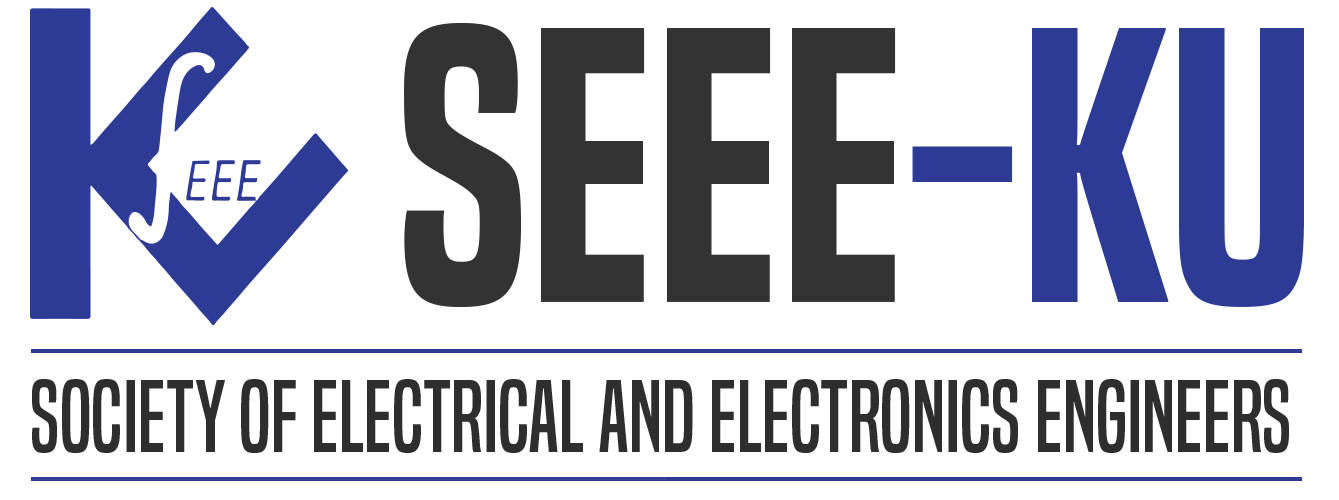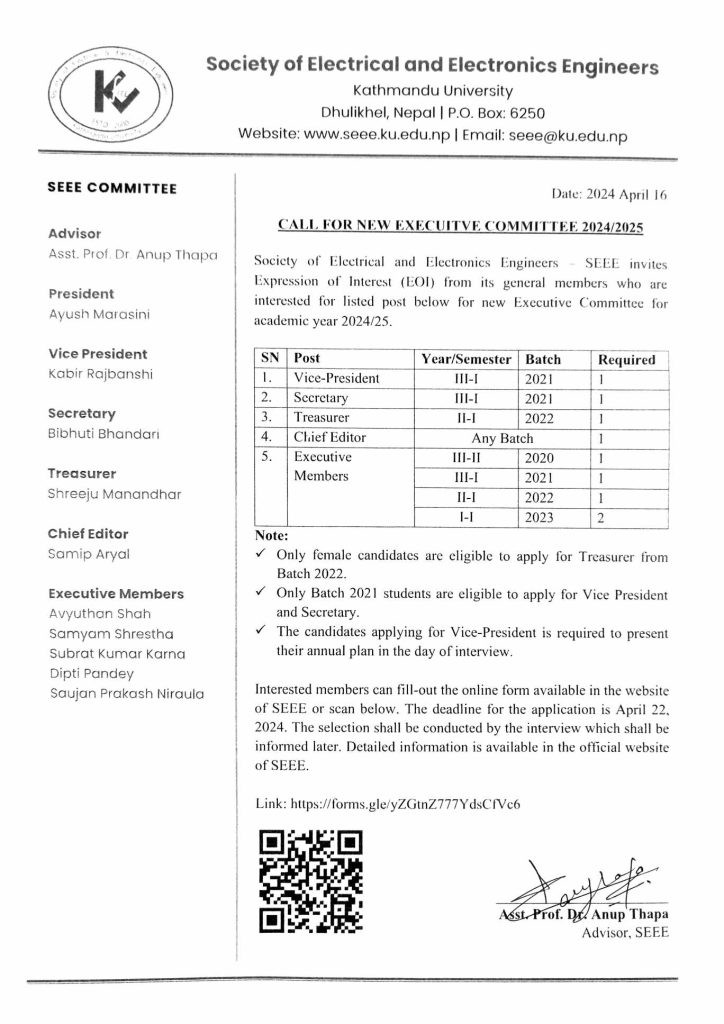Energize Nepal Program (ENEP) was established in 2016 to accelerate the development of Nepalese hydropower and other renewable energy systems, develop new and innovative technologies to reduce cost, increase efficiency contextual to Nepalese conditions, enhance human resource development to carry out research as well as effectively apply research results to solve challenges of hydropower and other renewable energy development in Nepal. ENEP provides financial support to collaborative R&D projects related to Renewable Energy Technology (RET), planned and implemented by R&D institutions in Nepal in cooperation with local and foreign institutions and industries. The project is funded by The Norwegian Ministry of Foreign Affairs (MFA) through the Royal Norwegian Embassy (RNE) and is managed by Kathmandu University (KU), Nepal, in partnership with Hydro lab Nepal, NTNU, Norway and SINTEF, Norway.
On October 26, 2021, the ENEP Extension and Upscaling Agreement was signed to handle the expanded field of activity, continuity of the components’ continuous efficacy, and addition of additional components based on advancements at KU and national efforts over the previous five years. The Upscaling Program also generally complies with Nepal’s renewable energy problems as well as Norwegian development objectives. The relationship between Norwegian and Nepalese organizations has been strengthening for building technical and scientific capability in Nepal
ENEP mainly focuses on areas like Solar & Wind Energy, Bioenergy, Hydropower Electric Vehicle, Power and Grid System, Energy Efficiency and Energy Conversion. They also Develop and support equipped laboratory and support academic research and also support successful development of entrepreneurial start-up companies that market the innovative renewable energy related products. ENEP also develop and support equipped laboratory and support academic research and also support successful development of entrepreneurial start-up companies that market the innovative renewable energy related products. ENEP has been supporting in development of different laboratories and centers which are HydroLab, Turbine Testing Lab, Center for Electric Power Engineering, Center for Electricity Trade Research and Facilitation, Incubation of Nepal Hydrogen Initiative Program and Energy Systems and Technology Research Lab.
The main goal of ENEP is to strengthen the research and educational capacities needed for the growth of the renewable energy sector in Nepal and the surrounding area. This also helps encouraging and aiding the creation of cutting-edge new technologies through research. ENEP plans to develop competence in terms of new technologies and techniques by promoting, initiating, and conducting research and development Program for innovation, advanced technology, and enhancing knowledge for expanding the technical horizon of the Nepalese hydropower and renewable energy sector. So far, ENEP has supported and completed 21 R&D projects, and supported 5 business incubation ideas.
A new initiative backed by Energize Nepal involves a Turgo Turbine, which may be an alternate technology to assist the underprivileged areas in gaining access to renewable energy sources. The Strategic Project of Energize Nepal successfully implemented the bill payment system in the Southern Rural Community of Lalitpur. Algal fuel pellets have been created and promoted thanks to research carried out in the Algal Research Laboratory at the Department of Biotechnology at Kathmandu University in collaboration with Shubham Biotech Nepal Private Limited. The Development of Design Guidelines for “Energy Efficient Building Design Procedure” will act as useful tool for designers, architects, researchers, and supporters of energy-efficient building design,
Overall ENEPE has impacted many sectors including 6.8 thousand beneficiaries, 78 publications, 25 products. ENEP has also condicted about 62 seminasrs and conferences. ENEP Academically supports graduates, undergraduates as well as masters students. This program include steas for 4 PhD, 24 ME and 7 BE. Totaling to 35 seats.
The end motive of ENEP is to carry out research and development primarily through private and local public sector funding. By Enhancing the capacities of institutions for research and testing, ENEP intends to attract clientele from larger and highly creditable players in the renewable energy sector. Recently a 4th R&D project funding support for six research projects were awarded and research activities are initiated.

